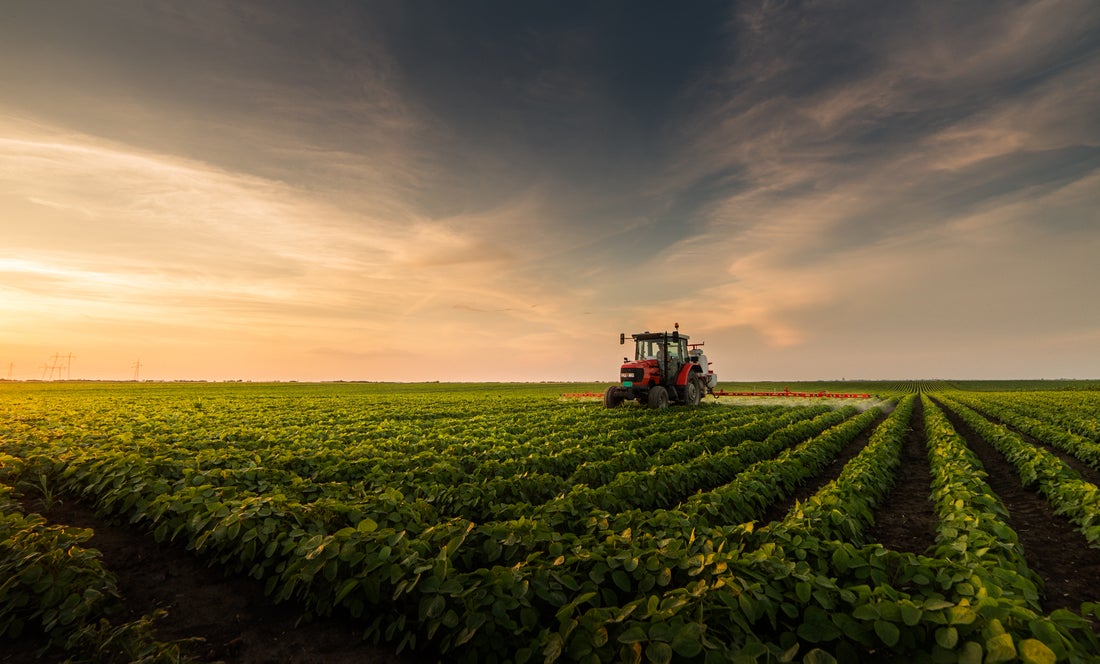Crop insurance often comes as part of a farm insurance policy to protect the unique risks faced by farms and ranches.
At its simplest, crop insurance provides compensation to the farm if crops are lost or destroyed due to certain incidents. Covered incidents often include:
· Fire
· Wind
· Hail
· Lightning
· Smoke
· Theft
· Vandalism
· Drought
Crop insurance can also cover a loss of income due to accidents or changes that are out of the farm’s control, such as having to stop production due to government mandate or declines in agriculture prices.
When you purchase a farm insurance policy as an agricultural produce, be sure that crop insurance is included. Not all farm insurance policies are created equal, and there are different types of crop insurance coverages from which you can choose.
There are two main types of crop insurance policies:
· Crop-Hail policies may be purchased through a private insurer at any point in the season and protect your crops against hail.
· Multiple Peril Crop Insurance policies are only available at select insurers through the Federal Crop Insurance Program. This policy covers your crops against a wide range of threats, such as excessive moisture and freeze. This insurance must be purchased before the crops are planted.
When you have to file a claim, you will contact your insurance provider who will send an underwriter to investigate. Once the claim is approved, you will receive compensation for crops that have been lost or damages, and you may receive temporary revenue assistance.
How Much is Crop Insurance
Crop insurance prices vary wildly depending on your location, size of the farm, types of crops being grown, the season and more. Corn, for example, may cost around $3.88 per bushel to insure while soybeans may cost closer to $9.25. Always doublecheck that you have provided the right acreage to your insurance provider, as false information or an underinsured field may lead to a lack of coverage.
Compare prices and shop around for a comprehensive farm insurance policy. There are other dangers your farm may face, such as property damage from natural disasters and a loss of livestock. If you have other people working on the farm for you, you may also need <workers compensation insurance>.
No matter what you grow or where you grow, crop insurance can protect your agricultural business from heavy financial loss. Calculate the value of your crops and find the right policy.